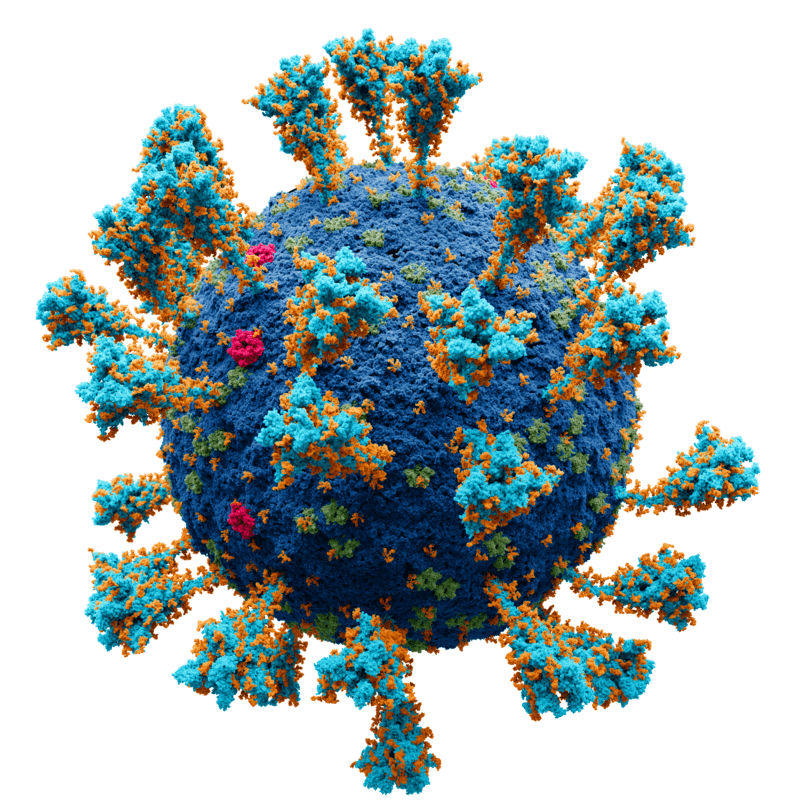
According to the WHO, all viruses, including (SARS-CoV-2) the virus that causes COVID-19, change over time. Most changes have little or no impact on the properties of the virus. However, certain changes can affect the properties of the virus, such as its ease of spread, the severity of associated disease, or the performance of vaccines, therapeutic drugs, diagnostic tools, or other public health and social measures.
The latest COVs (variants of concern) have largely replaced other co-circulating variants of SARS-CoV-2. Delta reached nearly 90% of all viral sequences submitted to GISAID in October 2021, and Omicron is currently the dominant variant circulating globally, accounting for >98% of viral sequences shared on GISAID after February 2022. The transmission of these COV was sustained, leading to a significant intra-COV evolution. Since its designation as a COV by the WHO on November 26, 2021, the viruses that are part of the Omicron complex have continued to evolve, leading to descendant lines with different genetic constellations of mutations. Each constellation may or may not differ in the public health risk it poses, and each lineage that includes substitutions at key sites may require further investigation to assess whether or not its characteristics diverge from those that define the variant of concern. from which they derive.
A designation of currently circulating VOCs and VOIs (a variant of interest) to previously circulating VOCs VOI reflects the variant’s sharp decline in circulation but does not rule out a future upsurge of this variant.
The variant of SARS-CoV-2 with genetic changes that are suspected to affect the characteristics of the virus with some indications that it may pose a future risk, but evidence of phenotypic or epidemiological impact is currently unclear, requiring enhanced surveillance and repeated assessment pending further evidence.
